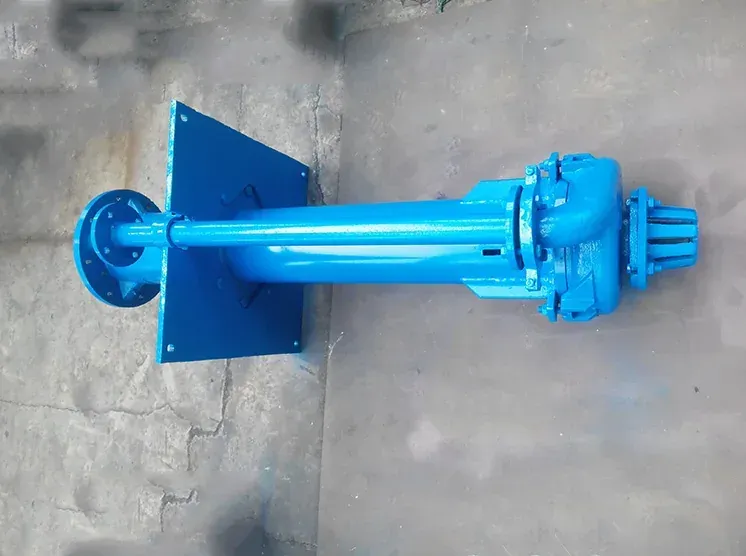Scottish Gaelic
- Afrikaans
- Albanian
- Amharic
- Arabic
- Armenian
- Azerbaijani
- Basque
- Belarusian
- Bengali
- Bosnian
- Bulgarian
- Catalan
- Cebuano
- Corsican
- Croatian
- Czech
- Danish
- Dutch
- English
- Esperanto
- Estonian
- Finnish
- French
- Frisian
- Galician
- Georgian
- German
- Greek
- Gujarati
- Haitian Creole
- hausa
- hawaiian
- Hebrew
- Hindi
- Miao
- Hungarian
- Icelandic
- igbo
- Indonesian
- irish
- Italian
- Japanese
- Javanese
- Kannada
- kazakh
- Khmer
- Rwandese
- Korean
- Kurdish
- Kyrgyz
- Lao
- Latin
- Latvian
- Lithuanian
- Luxembourgish
- Macedonian
- Malgashi
- Malay
- Malayalam
- Maltese
- Maori
- Marathi
- Mongolian
- Myanmar
- Nepali
- Norwegian
- Norwegian
- Occitan
- Pashto
- Persian
- Polish
- Portuguese
- Punjabi
- Romanian
- Russian
- Samoan
- Scottish Gaelic
- Serbian
- Sesotho
- Shona
- Sindhi
- Sinhala
- Slovak
- Slovenian
- Somali
- Spanish
- Sundanese
- Swahili
- Swedish
- Tagalog
- Tajik
- Tamil
- Tatar
- Telugu
- Thai
- Turkish
- Turkmen
- Ukrainian
- Urdu
- Uighur
- Uzbek
- Vietnamese
- Welsh
- Bantu
- Yiddish
- Yoruba
- Zulu
Telephone: +86 13120555503
Email: frank@cypump.com
Samh . 30, 2024 12:47 Back to list
Efficient Slurry Processing with Advanced Vacuum Pump Technology for Industrial Applications
Understanding Slurry Vacuum Pumps Functionality, Applications, and Advantages
Slurry vacuum pumps have become an essential component in various industries where the handling of abrasive, viscous, or solid-laden fluids is required. These pumps are specially designed to move slurries, which are mixtures of liquids and solids, with efficiency and effectiveness. This article delves into the functionality, applications, and advantages of slurry vacuum pumps, providing a comprehensive overview of their importance in industrial setups.
Functionality of Slurry Vacuum Pumps
Slurry vacuum pumps operate on the principle of creating a vacuum to draw in slurry from a source and subsequently discharge it through a designated outlet. The structure of these pumps is notably different from standard pumps. They often feature robust materials capable of withstanding wear from abrasive particles. The pump consists of a housing that connects to a vacuum generation system, which creates a low-pressure area to facilitate the suction of the slurry.
The key feature of a slurry vacuum pump is its ability to handle a mixture containing substantial solid particles without clogging or losing efficiency. Traditional fluid pumps often struggle with slurries due to the presence of solid content, but slurry pumps are engineered with enhanced impeller designs or diaphragm mechanisms that can efficiently manage these demanding conditions.
Applications of Slurry Vacuum Pumps
Slurry vacuum pumps are prevalent in a variety of industries, including
1. Mining and Mineral Processing In these sectors, slurry pumps are vital for transporting ore slurries, tailings, and other mineral mixtures. The ability to handle high concentrations of solids makes them a preferred choice for transferring materials between various phases of the mining process.
2. Waste Management Slurry pumps are instrumental in the treatment of sewage and wastewater. They efficiently handle sludge, which often contains solid waste materials, ensuring that treatment processes run smoothly.
3. Food and Beverage Industry In food processing, slurry pumps are used to handle mixtures such as fruit pulps or dough that contain solid particles. Their design ensures that the integrity of the food products is maintained during transport.
slurry vacuum pump

4. Chemical Industry These pumps manage the transfer of chemical slurries, including those that are corrosive or abrasive. Their robust construction allows them to withstand harsh chemicals while facilitating safe and effective transport.
5. Pharmaceuticals In the pharmaceutical industry, cleanliness and contamination control are paramount. Slurry vacuum pumps are designed to meet stringent hygiene standards, making them suitable for handling mixtures that may contain active pharmaceutical ingredients.
Advantages of Slurry Vacuum Pumps
The unique design of slurry vacuum pumps brings several advantages, making them a critical asset in industries that require the movement of challenging materials
- Efficiency Slurry vacuum pumps are engineered to optimize the movement of abrasive and viscous materials. Their suction capabilities ensure that they can operate effectively even with high solid content, minimizing downtime.
- Durability Constructed from materials specifically designed to resist wear and tear from abrasive substances, these pumps have a longer operational life compared to conventional pumps. This durability translates into lower maintenance costs and increased productivity.
- Versatility Slurry vacuum pumps can handle a variety of materials, including those with varying solid concentrations and viscosities. This versatility allows industries to utilize a single pump for multiple applications.
- Cost-effectiveness With reduced need for frequent replacements and repairs, slurry vacuum pumps contribute to lower operational costs over time, making them a wise investment for companies dealing with slurries.
In conclusion, slurry vacuum pumps play a pivotal role in numerous industrial applications by efficiently handling challenging mixtures of solids and liquids. Their ability to operate under demanding conditions, combined with their durability and cost-effectiveness, makes them an indispensable component in sectors ranging from mining to food processing. As industries continue to evolve and demand more efficient processes, the importance of slurry vacuum pumps is likely to increase, reinforcing their position as critical tools in modern industrial operations.
-
ISG Series Vertical Pipeline Pump - Industrial Fluid Handling | Chi Yuan Pumps
NewsAug.05,2025
-
ISG Series Vertical Pipeline Pump - Chi Yuan Pumps Co., Ltd.|Compact Design&Energy Efficiency
NewsAug.05,2025
-
ISG Series Pipe Pump - Chi Yuan Pumps | High Efficiency, Low Noise
NewsAug.05,2025
-
AI-Optimized Pipeline Pumps | Boost Efficiency
NewsAug.05,2025
-
High-Performance Air Pumps for Sand & Gravel | Efficient Transport
NewsAug.03,2025
-
ISG Series Vertical Pipeline Pump - Chi Yuan Pumps Co., LTD.|Energy Efficiency, Corrosion Resistance
NewsAug.03,2025










